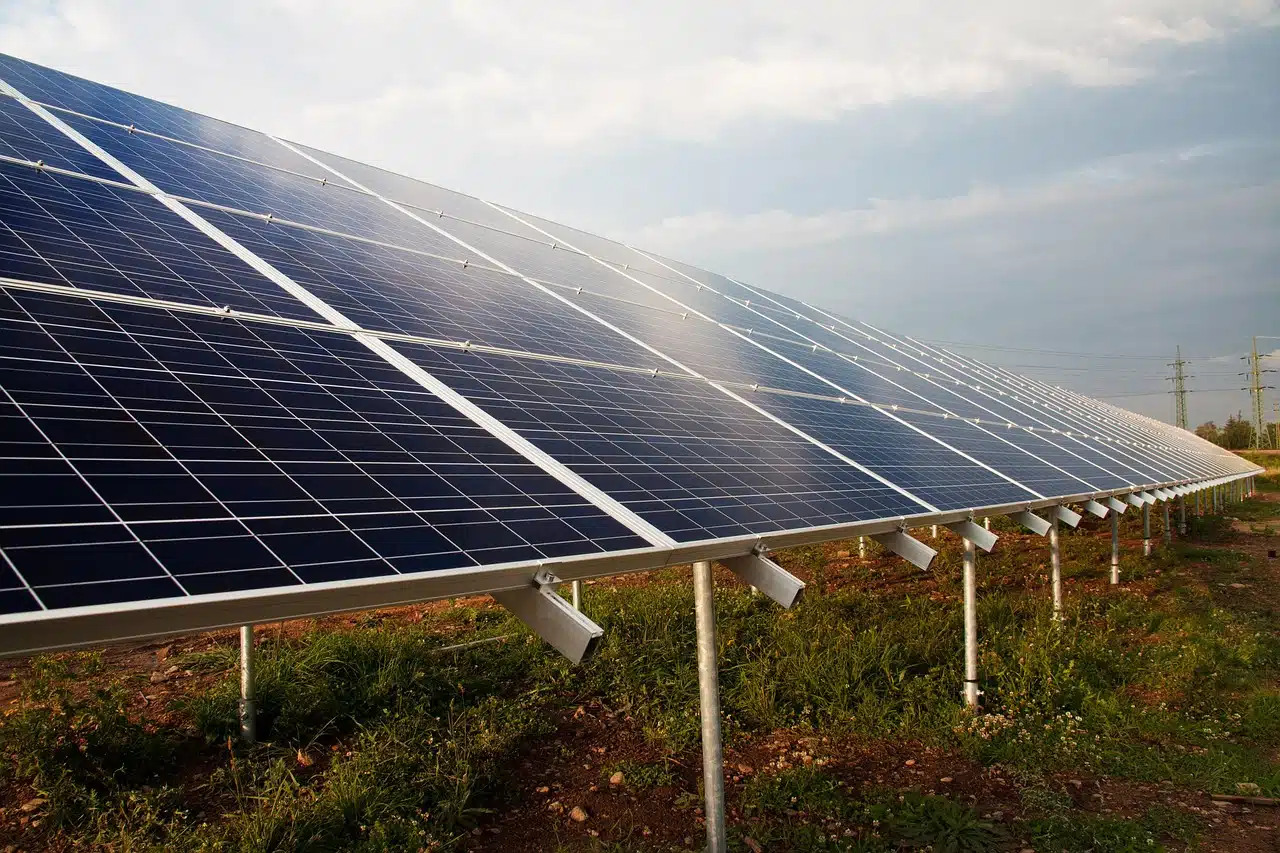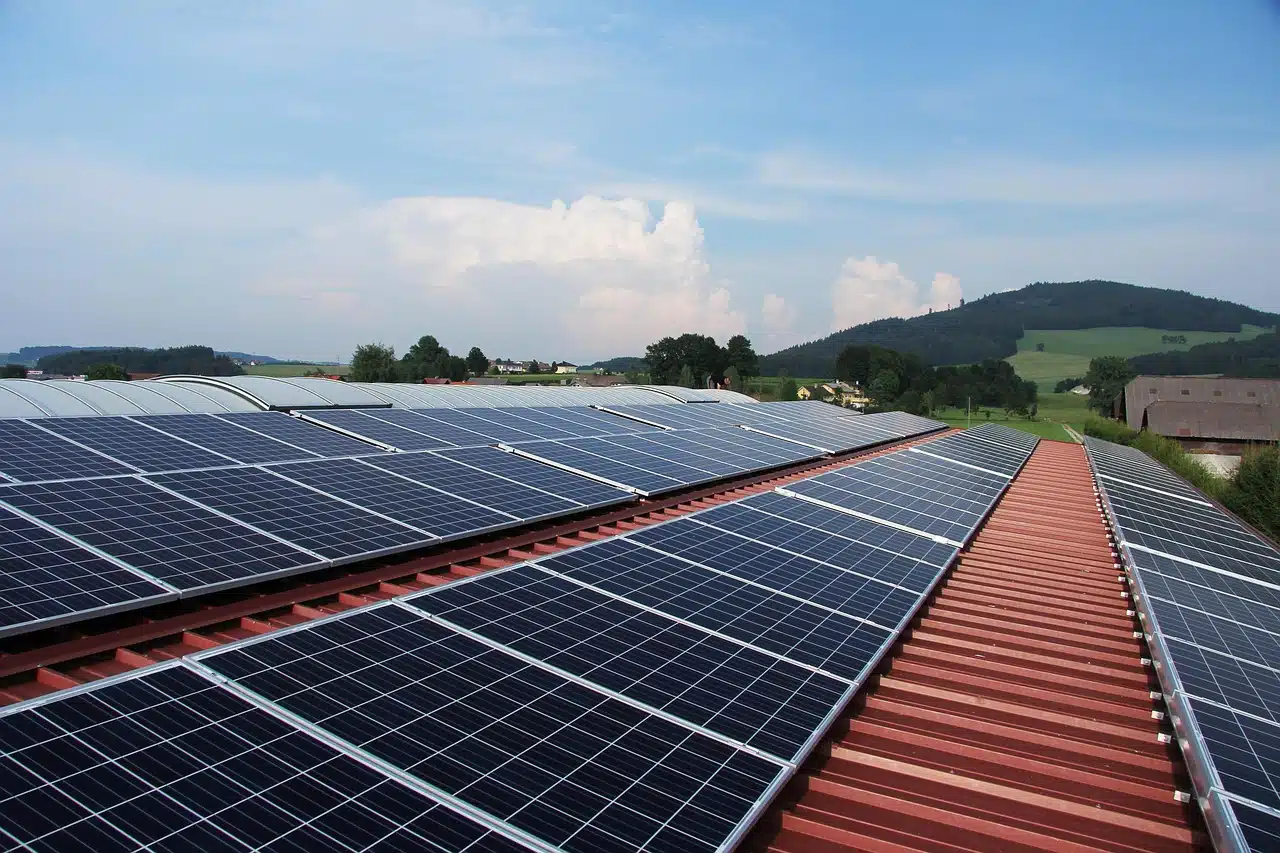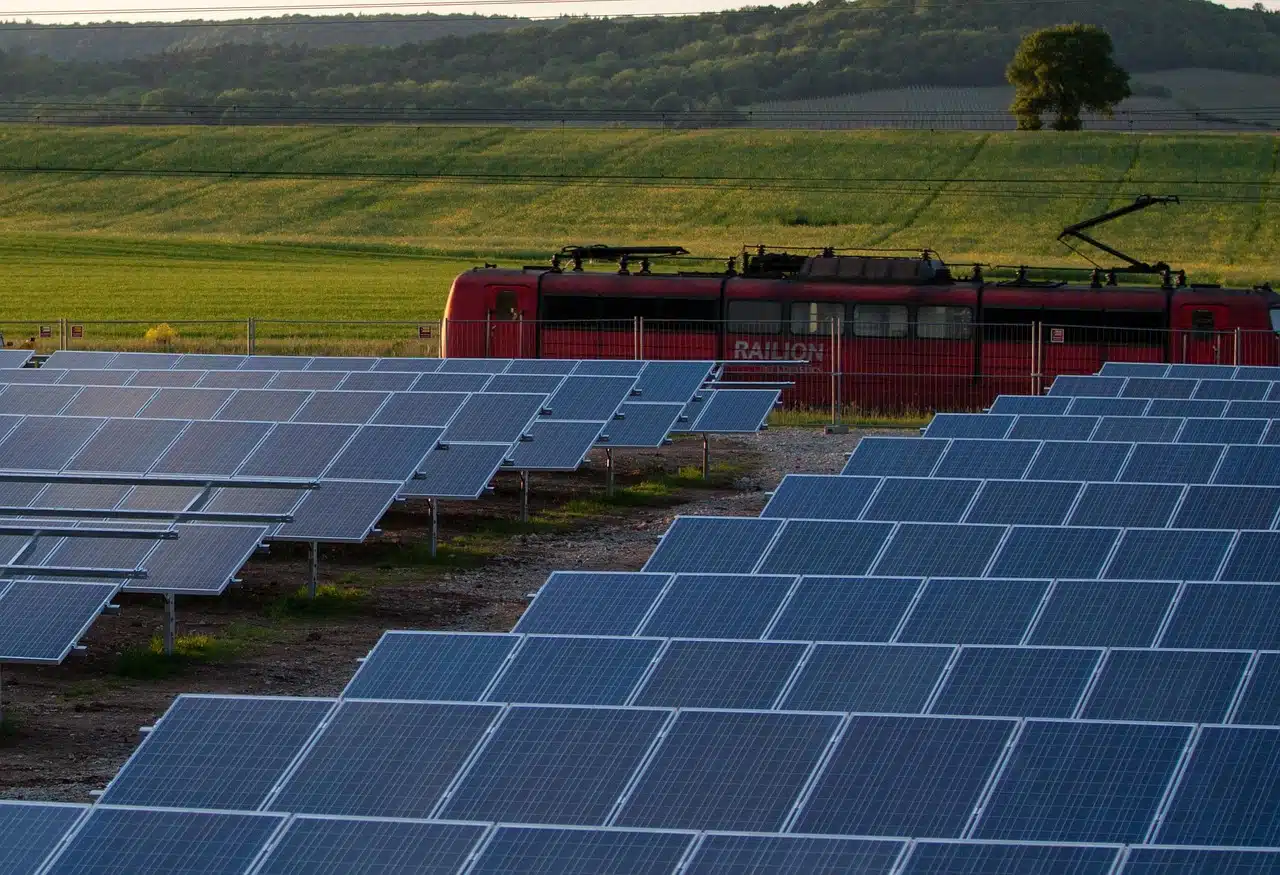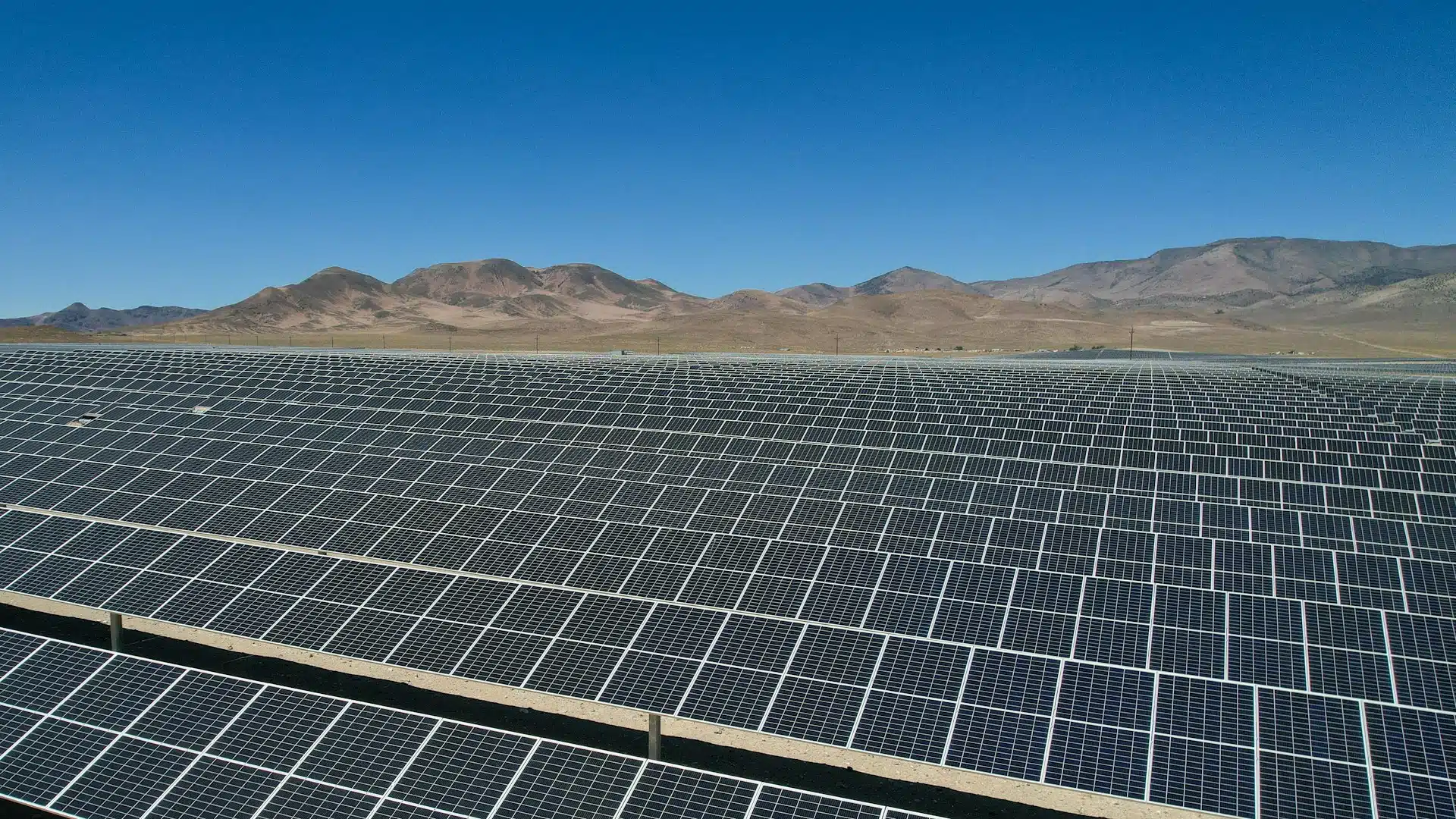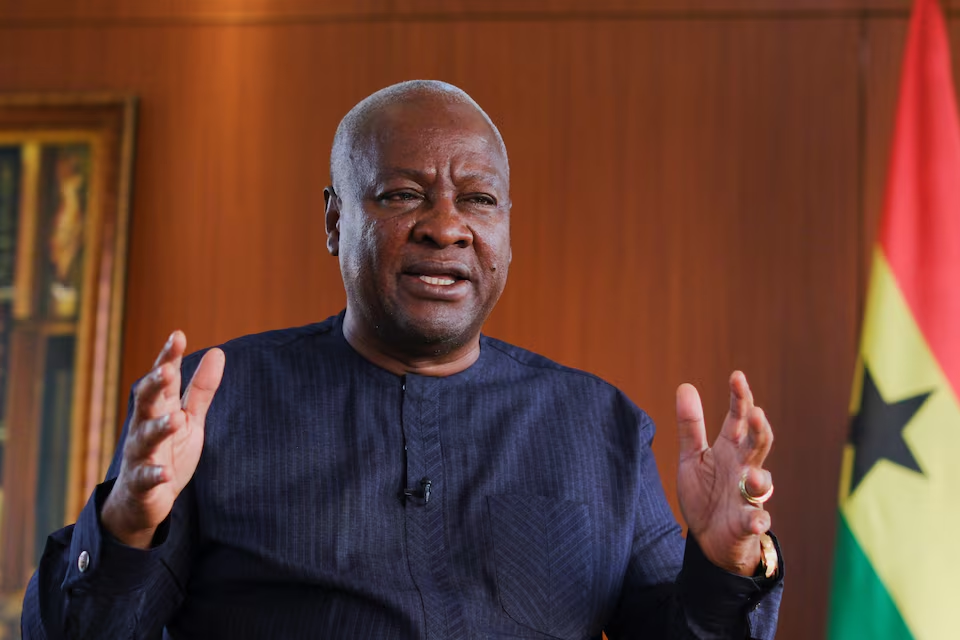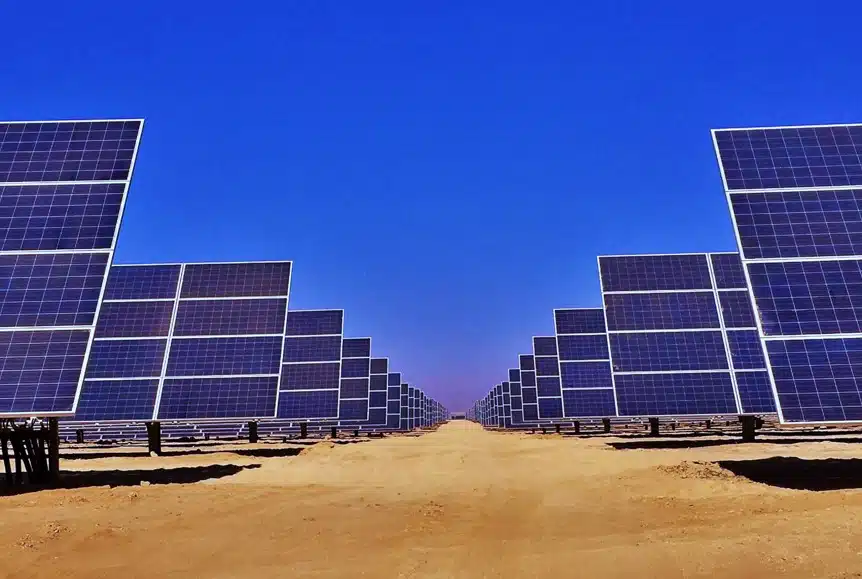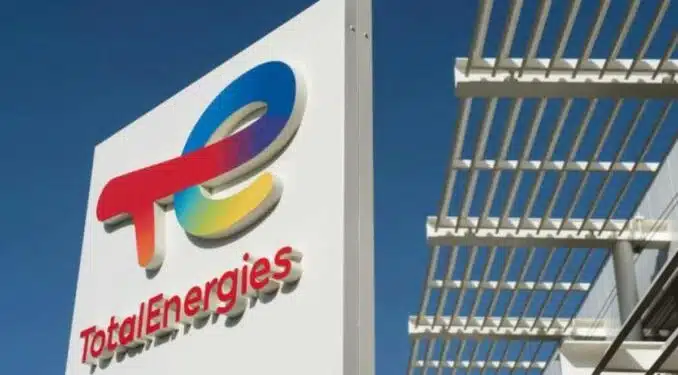West African nation, Ghana, has approved a $3.4 billion renewable energy program to transform the nation’s energy infrastructure, prioritizing public institutions like schools, hospitals, and universities.
Seth Mehu, a representative of the Ministry of Energy and Green Transition, disclosed this initiative during a stakeholder engagement on Distributed Renewable Energy (DRE) solutions under the LEAF Assessment Project on Thursday.
According to Mehu, the initiative forms part of a broader government effort to expand access to sustainable and affordable power while easing the burden on the national grid.
In addition, the program will cover a wide range of clean energy solutions, including off-grid and distributed renewable systems (BESS), and electric vehicles, he added.
Mahu explained further that this aligns with Ghana’s broader commitment to achieving universal energy access by 2030, targeting a 99.8% electrification rate.
The deployment in public institutions
As part of the initiative, the program is the deployment of over 12,000 renewable energy units across public secondary schools and hospitals.
Mahu noted that the procurement process is nearing completion, pending final approval from the financing bank for bidding documents.
“We are waiting for the bank’s ‘no objection’ on the bidding documents, after which we will launch the process so these systems can be installed in secondary schools,” he said.
In his statement, this rollout aims to ensure reliable power for critical facilities, enhancing service delivery in education and healthcare.
The university solar initiative plan
Universities are also a focal point, with the government’s solar initiative, supported by a loan from Germany’s KfW Bank, set to deliver significant renewable energy capacity.
As part of this plan, the University of Ghana will benefit from a 3-5 megawatt ground-mounted solar system integrated into its campus power lines, reducing reliance on fossil fuels and lowering operational costs.
In addition, this project exemplifies Ghana’s push to integrate renewable energy into higher education institutions, fostering sustainability and innovation.
Implications for Ghana’s energy transition
In addition, the $3.4 billion program complements Ghana’s Energy Transition and Investment Plan, launched in 2023, which targets net-zero energy-related carbon emissions by 2060 through renewables, low-carbon hydrogen, EVs, and clean cookstoves.
By prioritizing public sector electrification, the Ministry aims to create a scalable model for sustainable energy adoption, potentially unlocking private capital and fostering job creation.

